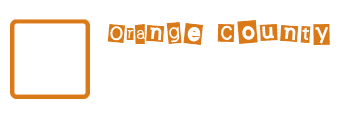At our August, 2020, Speakers Forum, Jacqui Lewis, PHD, a clinical psychologist and instructor at UC Irvine’s Cognitive Sciences Dept., discussed some of the psychological and environmental/societal factors that can lead to violent behavior in both ordinary citizens and people who are in trusted positions of authority. We discussed strategies that can be used to minimize or eliminate this type of violent behavior.
Dr. Lewis provided the following resources for those who want more information.
RESOURCES AND REFERENCES
- Social Psychology of Political Polarization by Valdesolo and Graham
- Why we fall for fake news – APA
- Solutions to political polarization – UC Berkely article
- How Empathic Concern Fuels Political Polarization by Simas, Clifford and Kirkland
- Socially accepted violence by “agents of law”: Sublimation of aggression as a model by Even-Tzur and Hadar
- Unnecessary Force by Police: Insights from Evolutionary Psychology byLois James, Natalie Todak, Joanne Savage
- Contemporary understanding of riots: Classical crowd psychology, ideology and the social identity approach by Stott and Drury
- From Rallies to Riots – why some protests become violent by Ives and Lewis
- Understanding Crowd Conflict – Social Policy, Psychology and Policing by Stott and Radburn
- https://news.stanford.edu/2020/06/09/seven-factors-contributing-american-racism/
- The Psychology Behind Why Some People Won’t Wear Masks – CNN article
- https://www.psychologicalscience.org/news/there-are-3-things-we-have-to-do-to-get-people-wearing-masks.html
- https://www.influenceatwork.com/inside-influence-report/the-science-behind-why-some-people-dont-follow-the-crowd/
- Coping with COVID 19 anxiety

